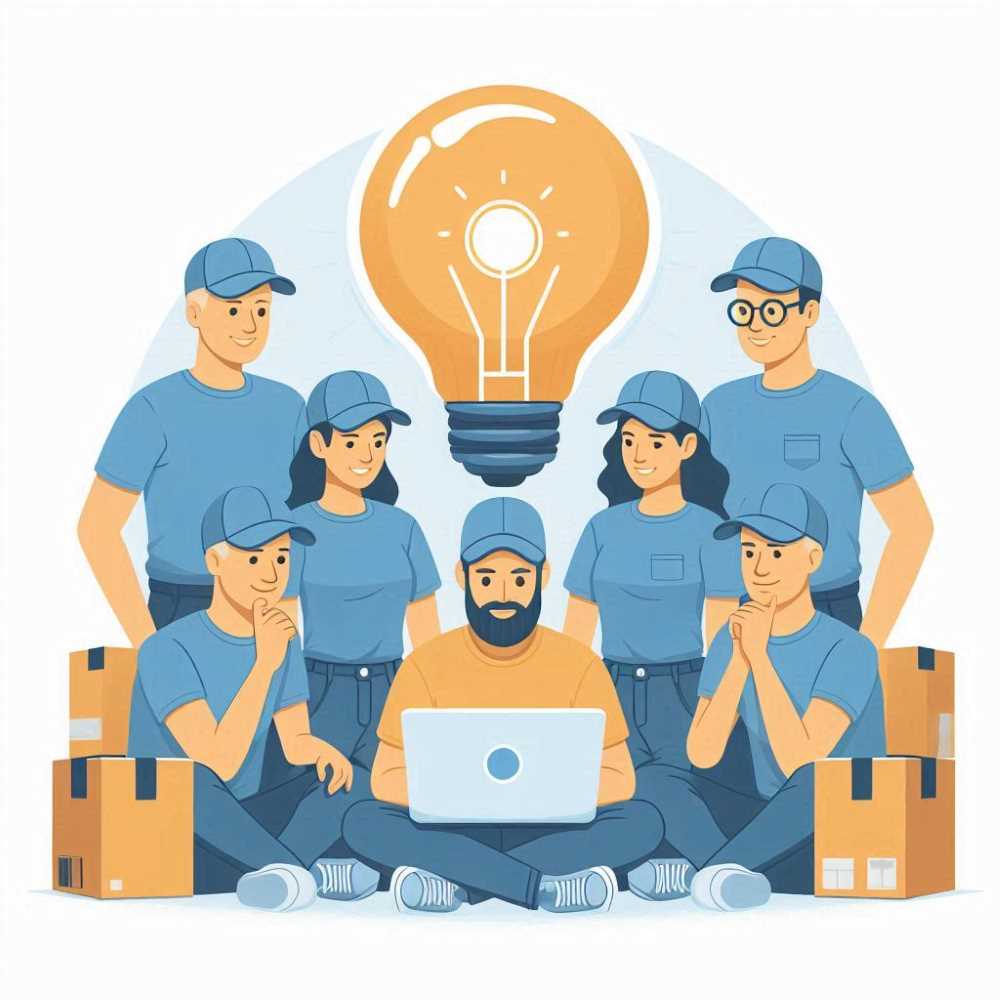How AI Perpetuates Inequality (and How to Fight Back)
AI reflects existing inequalities and replicates capitalist divisions of labor. Experts say AI can empower gig workers if they have access to their data to understand and fight exploitation by platforms like Uber.

Artificial intelligence (AI) is supposed to be the future, right? Shiny robots, helpful algorithms, maybe even flying cars (though with the current state of traffic, that might be a nightmare). But what if the future isn't all sunshine and Rosie the Riveter 2.0? What if AI just amplifies the problems we already have, like a particularly enthusiastic karaoke rendition of inequality by the global capitalist machine?
This is the dark side of the dance floor that Cristóbal Reyes, a PhD student from UNAM's Latin American Studies program, is spotlighting. AI, he argues, isn't some neutral invention. It's a reflection of the society that built it, a society where profits for the few come before the well-being of the many.
Think of it this way: AI is like a fancy new gym membership. It can be a great tool to get healthy, but if all you do is pump iron while ignoring your terrible diet, you're not going to see much progress. Just like a gym needs trainers and healthy meal plans, AI needs to be designed with people in mind, not just corporate wallets.
AI isn't some all-powerful monster lurking in the server room. It's actually built by real people, with real biases. Remember those funny cat videos you watched earlier? Surprise! Those were used to train facial recognition software, which can have accuracy problems depending on who labeled the data. This means AI can inherit the prejudices of its creators, leading to unfair outcomes for people of color and other marginalized groups.
But fear not, fellow travelers on this bizarre journey through the world of AI and inequality. Enter Saiph Savage, a researcher who isn't afraid to challenge the existing state of affairs. Savage argues that AI can be a tool for empowerment, especially for the folks toiling away in the digital gig economy – think Uber drivers and delivery people.
These digital nomads are constantly interacting with AI algorithms, but mostly for the benefit of the platform companies, not themselves. Savage calls these platforms "black boxes" – opaque systems where workers have no idea how decisions are made, or how much they're truly earning. It's like working in a funhouse with a particularly stingy carnie running the show.
So, how do we turn this techno-dystopian funhouse into something a little more fair? Savage proposes giving workers access to their own data, presented in a way that even your grandma could understand (think pie charts, not binary code). This transparency would allow them to see what's really going on, identify problems, and even work together to find solutions.
Hypothetically envision a world where Uber drivers could band together and use their data to negotiate better rates, or where delivery bikers could share information about dangerous routes. AI, in this scenario, becomes a tool for collective bargaining, not just corporate control.
The road ahead with AI is long and winding, but it doesn't have to be a dead end. By acknowledging the concerns and working towards solutions that empower people, not just corporations, we can turn AI from a capitalist karaoke machine into something that benefits everyone. Now, that's a future worth getting up to.




